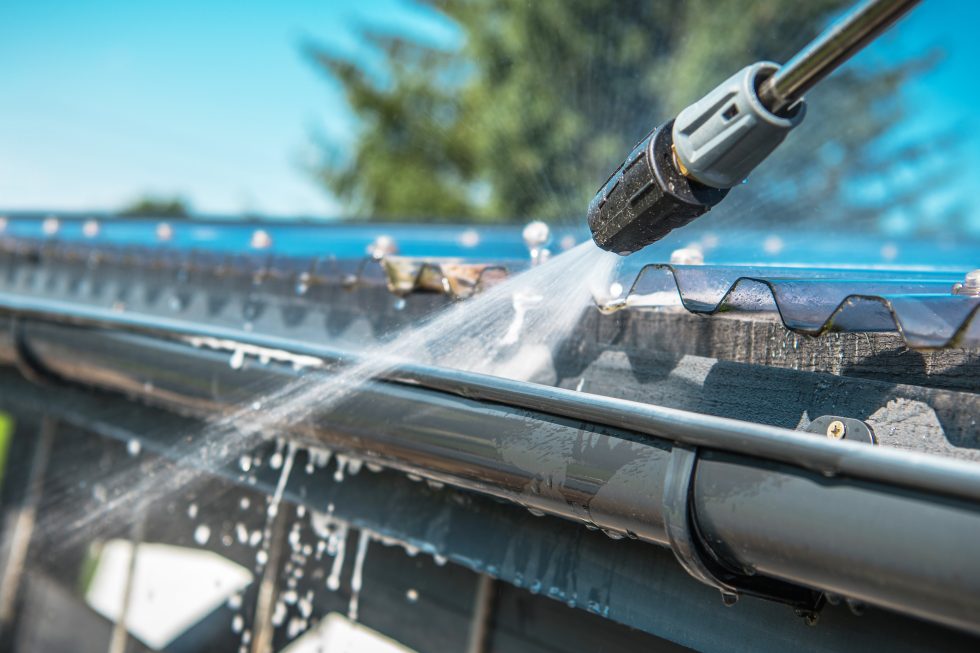
What training is required to become a certified roof plumber?
Posted by on 2025-01-14
To become a certified roof plumber, individuals must undergo specific training to develop the necessary skills and knowledge required for this specialized profession. This training typically includes a combination of formal education, hands-on experience, and apprenticeships.
One of the first steps in becoming a certified roof plumber is completing a relevant vocational course or certification program. These programs are offered by technical schools, community colleges, and trade organizations and cover topics such as roofing materials, installation techniques, safety procedures, and building codes. Students also learn how to use tools and equipment commonly used in the industry.
In addition to classroom instruction, aspiring roof plumbers must also gain practical experience through on-the-job training. Many individuals choose to complete an apprenticeship with an experienced roof plumbing company to learn the ins and outs of the profession firsthand. During this time, apprentices work under the guidance of a licensed roof plumber and gain valuable hands-on experience in installing, repairing, and maintaining various types of roofs.
Once individuals have completed their formal education and training requirements, they must pass a certification exam administered by a recognized industry organization or regulatory body. This exam typically covers topics such as safety regulations, building codes, plumbing systems, and best practices for roof installation. Upon passing the exam, individuals receive their certification as a qualified roof plumber.
Continuing education is also important for certified roof plumbers to stay up-to-date on industry trends and advancements. Many professionals choose to attend workshops, seminars, and conferences to expand their knowledge and skills in areas such as sustainable roofing practices, new technologies, and safety protocols.
In conclusion, becoming a certified roof plumber requires dedication, hard work, and a commitment to ongoing learning. By completing formal education programs, gaining hands-on experience through apprenticeships, passing certification exams, and staying current with industry developments through continuing education opportunities, individuals can build successful careers in this rewarding field.